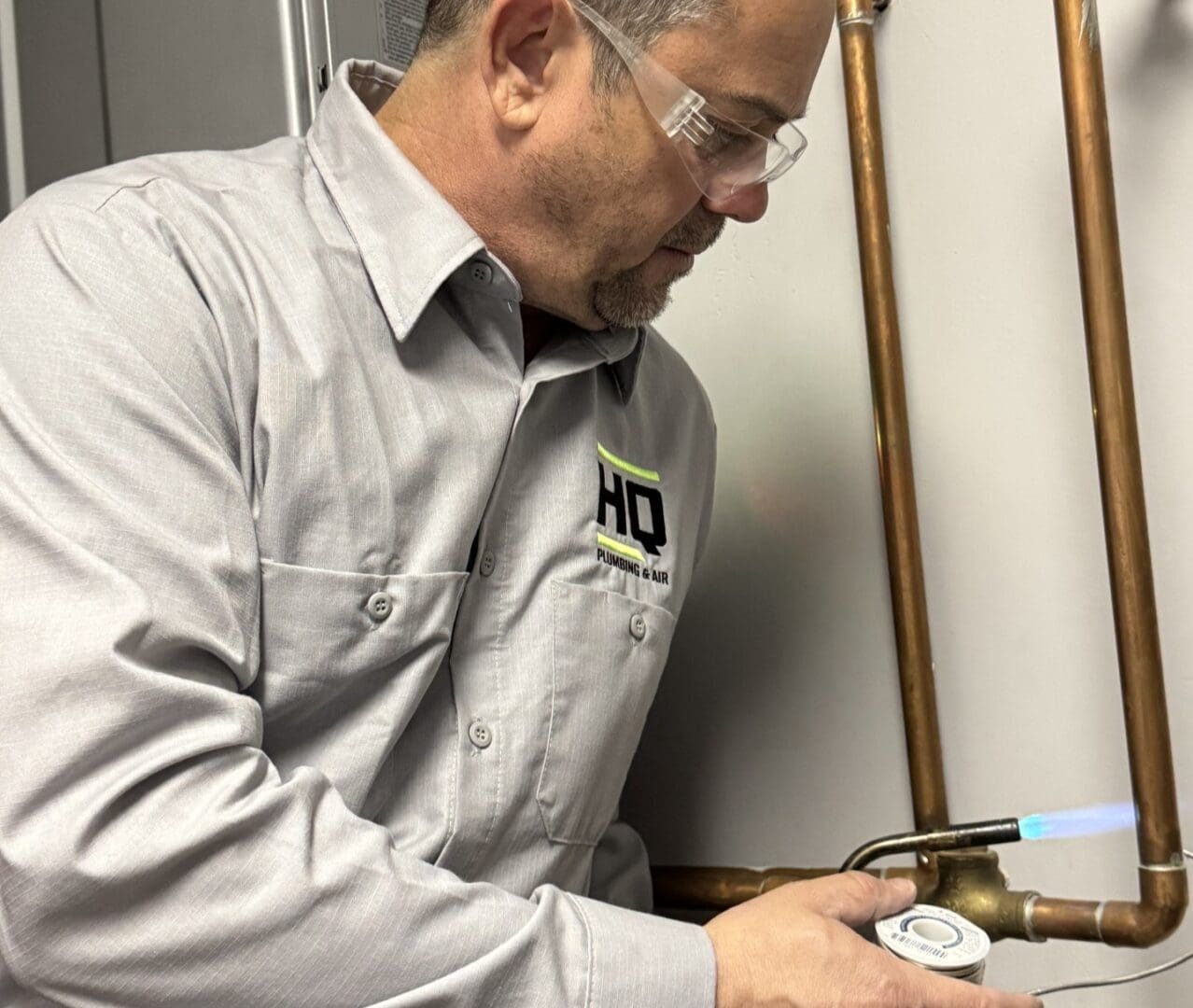
Water Heater Repair vs. Replacement: What You Need to Know
A reliable water heater is essential for every home, providing hot water for showers, dishwashing, and laundry. But like any appliance, water heaters can develop issues over time. When problems arise, homeowners often wonder whether they should repair or replace their unit. In this guide, we’ll explore common water heater problems, the benefits of different types of water heaters—including tankless water heaters, gas water heaters, and electric water heaters—and how to decide between water heater repair and water heater replacement.
Common Water Heater Issues
Water heaters can develop a range of issues, including:
- No hot water: This could be due to a faulty heating element (electric water heaters) or a pilot light issue (gas water heaters).
- Leaks: A leaking tank is a major problem that often requires water heater replacement, whereas leaks from pipes or connections can typically be repaired.
- Strange noises: Banging or rumbling sounds may indicate sediment buildup, which can reduce efficiency.
- Inconsistent water temperature: A failing thermostat or sediment buildup may be the cause.
- Discolored or smelly water: Rusty or smelly water can be a sign of corrosion inside the tank or bacterial growth.
Repairing Your Water Heater
In many cases, a water heater repair can be done if the issue is minor. Some common repairable water heater problems include:
- Replacing heating elements in electric water heaters.
- Fixing pilot light issues or replacing thermocouples in gas water heaters.
- Flushing the tank to remove sediment buildup.
- Replacing the thermostat to restore temperature control.
If your water heater is less than 10 years old and the repair costs are reasonable, a water heater repair may be the best option.
When to Replace Your Water Heater
There are situations where water heater replacement is the better choice:
- Age: Most traditional tank water heaters last 8-12 years. If yours is approaching this age and having frequent problems, replacing the water heater may be more cost-effective.
- Efficiency concerns: Older units are less energy-efficient. Upgrading to a modern unit can save money on utility bills.
- Major leaks: If the water heater tank itself is leaking, replacement is usually the only option.
- Frequent repairs: If you’re constantly fixing your water heater, a new one will provide more reliability and peace of mind.
Choosing the Right Replacement Water Heater
If you decide on a water heater replacement, you’ll need to choose between different types:
Tank vs. Tankless Water Heaters
- Tank water heaters store and heat a large volume of water, making them ideal for households with high hot water usage.
- Tankless water heaters heat water on demand, offering endless hot water and greater energy efficiency. Learn more about tankless water heater installation on our website.
Gas vs. Electric Water Heaters
- Gas water heaters heat water quickly and are typically more cost-effective for homes with natural gas hookups.
- Electric water heaters are easier to install, require less maintenance, and are a great option for homes without gas service.
Final Takeaways: When to Repair or Replace Your Water Heater
Knowing when to repair or replace your water heater can save you time, money, and frustration. If your water heater is relatively new and the issue is minor, a repair may be all you need. However, if your water heater is aging, inefficient, or experiencing frequent problems, replacing it with a newer, energy-efficient model—such as a tankless water heater—can be a smart investment.
If you’re experiencing water heater issues, HQ Plumbing and Air, serving Phoenix and surrounding areas is here to help. Our experienced team can diagnose the problem and provide the best solution, whether it’s a water heater repair or a full water heater replacement. Contact us today to schedule a service or call us at (602) 675-1555!

